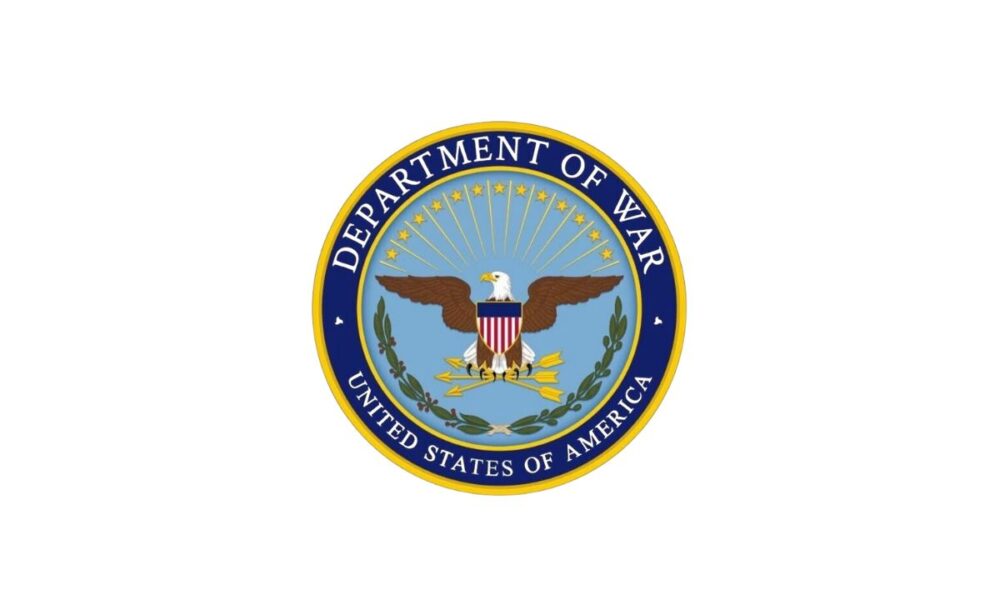President Donald J. Trump signed three executive orders on Friday, addressing trade, military naming conventions, and wrongful detentions, reflecting his administration’s focus on economic security, national strength, and citizen protection.
The first order modifies the scope of reciprocal tariffs initially imposed on April 2, 2025, to tackle a national emergency stemming from persistent U.S. trade deficits. Trump adjusted exemptions under Annex II of Executive Order 14257, adding bullion-related articles, critical minerals, and pharmaceuticals under investigation, while removing aluminum hydroxide, resin, and silicone products from exemptions.
Effective September 8, these changes aim to bolster American workers and national security. The order also introduces the “Potential Tariff Adjustments for Aligned Partners” (PTAAP) Annex, which lists products such as aircraft parts, generic pharmaceuticals, unavailable natural resources, and certain agricultural goods, for which tariff reductions could be negotiated with trading partners to address trade imbalances. Senior officials, including the Secretary of Commerce and U.S. Trade Representative, were delegated authority to implement these deals.
Trump’s tariff actions extend beyond this order, including a 20% tariff on China for opioid issues, 25% and 35% tariffs on Mexico and Canada for drug flows, a 40% tariff on Brazil for security threats, a 25% tariff on India for Russian oil purchases, and Section 232 tariffs on automobiles, copper, steel, and aluminum. Major trade deals with the European Union ($750 billion in U.S. energy purchases and $600 billion in investments by 2028), Japan ($550 billion in U.S. investments), and the United Kingdom (increased market access) underscore efforts to reshore manufacturing and strengthen supply chains.
The second order restores the “Department of War” as a secondary title for the Department of Defense, marking Trump’s 200th executive action. It authorizes the use of titles like “Secretary of War” in official and ceremonial contexts, directing the Secretary of Defense to propose a permanent renaming of the department.
Citing historical victories in the War of 1812 and World Wars I and II, Trump argues that the name reflects America’s military prowess, aligning with George Washington’s 1790 assertion, “To be prepared for war is one of the most effective means of preserving peace.”
This move, tied to the Army’s 250th anniversary and a recent parade, signals readiness to adversaries, supported by a decisive strike on Iran’s nuclear capabilities and record-high recruiting.
The third order counters wrongful detentions abroad, empowering the Secretary of State to designate countries or entities as State Sponsors of Wrongful Detention, triggering sanctions, travel bans, and export controls. Designations can be lifted if detainees are released and assurances against future violations are provided.
Addressing a rise in coercive tactics under the prior administration — where 24 more Americans were detained than freed—Trump highlighted cases like Marc Fogel’s three-year Russian imprisonment.
Since returning to office, Trump’s administration has secured 72 releases, including Fogel in February, Ksenia Karelina in April, Keith Siegel and George Glezmann in February and March, and Edan Alexander in May, reinforcing an America First foreign policy.
These orders underscore Trump’s commitment to economic fairness, military strength, and citizen safety, leveraging decisive actions to reshape U.S. policy.


